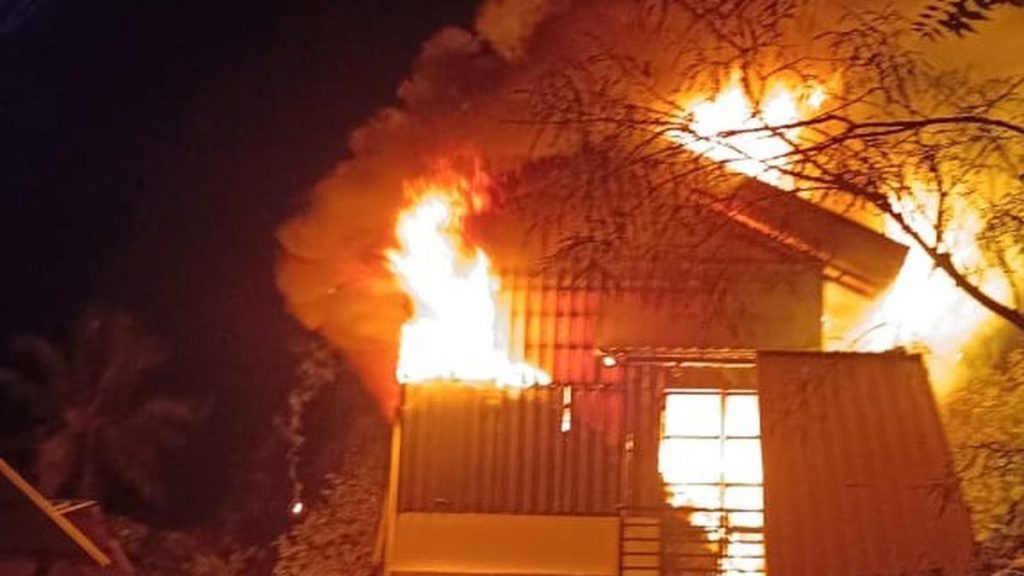Now Reading: Astronaut Matthew Dominick Shares Insights from Space with Scientific American
-
01
Astronaut Matthew Dominick Shares Insights from Space with Scientific American
Astronaut Matthew Dominick Shares Insights from Space with Scientific American

Quick Summary
- NASA astronaut Matthew Dominick, stationed on the International Space Station (ISS) as a commander for the SpaceX Crew-8 mission, participated in a live video interview from the cupola module of the ISS-marking the first-ever interview from this seven-windowed observation deck.
- Dominick shared insights about his passion for photography, influenced by his father’s career as a photographer adn honed through NASA’s training programs. He described capturing Earth’s landscapes, sunsets, and other dynamic environments during ISS missions.
- The challenges of space photography include lighting variations due too 16 daily sunrises/sunsets at 17,500 miles per hour and technical adjustments needed when shooting through windows or managing reflections within zero-gravity conditions.
- Equipment provided on-board includes professional-grade full-frame mirrorless cameras with various advanced lenses like an 85mm f/1.4 lens and zoom lenses such as a 50-500mm range device.
- Notable initiatives include photographing auroras, lightning storms over Africa’s Nile River basin, unexpected celestial events like meteors entering Earth’s atmosphere, and candid images of fellow astronauts during experiments.
- Dominick is involved in research involving exercise substitutes rather of treadmill usage to explore fitness strategies for future long-term missions to Mars or Moon bases.
- He expressed appreciation for sharing views from space with humanity while describing activities he enjoys aboard ISS-such as zero-gravity flips-and anticipates returning home to family life after six months without walking or taking showers.
Indian opinion Analysis
The live interaction between astronaut Matthew Dominick aboard NASA’s ISS provides valuable perspectives regarding global scientific collaboration and how advanced technology enables exploration beyond terrestrial boundaries.As India ramps up its own space program-with recent achievements such as Chandrayaan moon missions-the insights shared by astronauts can inspire Indian scientists working toward establishing enduring lunar bases or integrating remote sensing technologies tailored specifically for socio-environmental benefits back home.
Dominick’s emphasis on photography encapsulates how science interaction considerably influences public interest in space research-a lesson that resonates globally but holds relevance particularly within India where bridging knowledge accessibility gaps directly enhances community investments into STEM careers alongside indigenous innovationsystems























